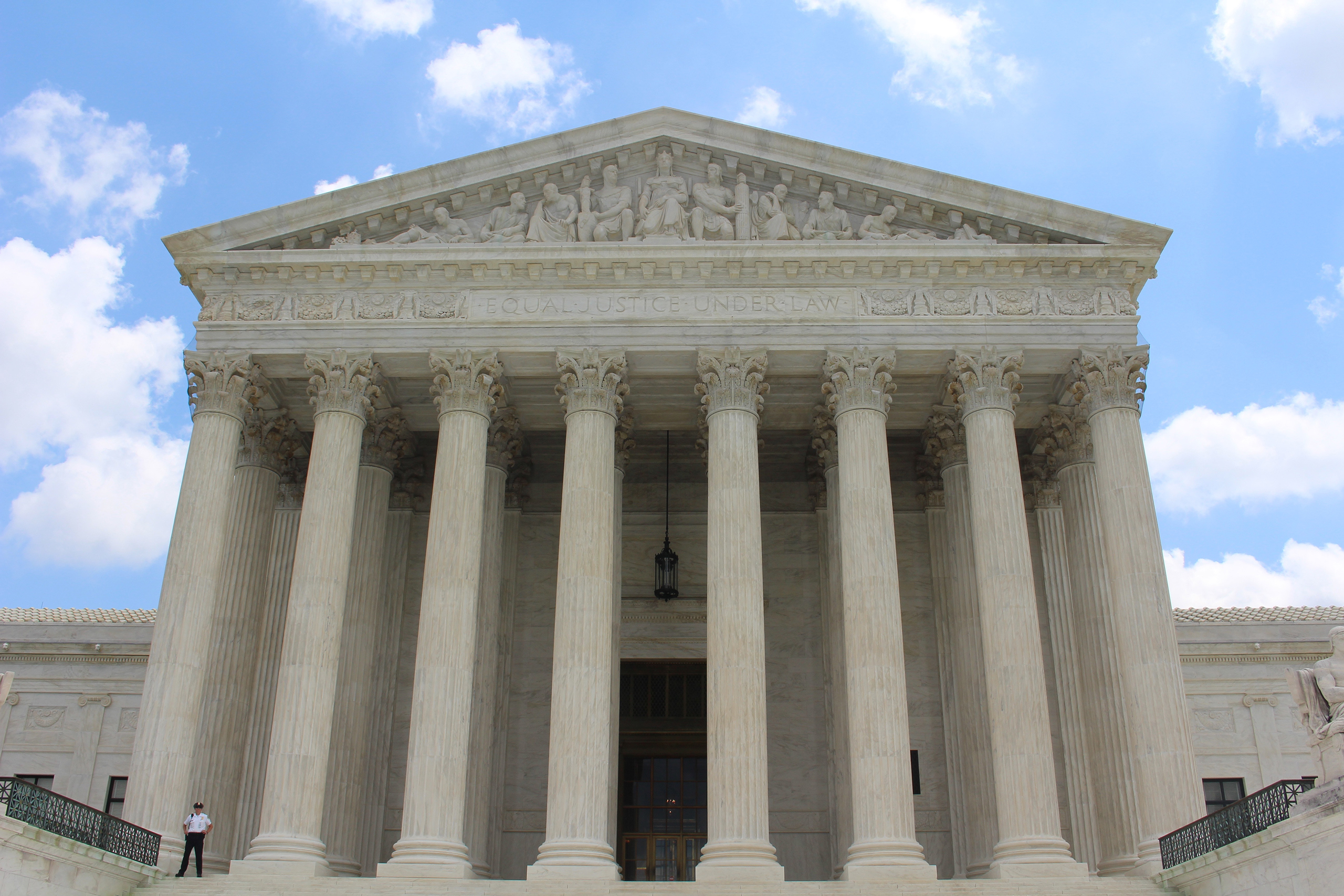
Speedy decisions as critical in the workplace as in the courtroom
Timeliness on pay and promotions can increase 'citizenship behavior' in employees, according to new research by Assistant Professor of Management Michael Baer.
Americans have a constitutional right to a “speedy” trial, and new research by Assistant Professor of Management and Entrepreneurship Michael Baer has found that the concept of procedural timeliness is critical to employees as well. Research has been done on fairness in workplace decisions, but the concept of timeliness has been mostly ignored.
“We said, ‘Let’s revisit this and see how much employees actually care.’ We found that they care a whole lot,” says Baer, whose paper will be published in Personnel Psychology.
In fact, their research found that timeliness mattered regardless of whether employees got the desired result, such as a raise, promotion, or desired assignment.
The team put ads on Craigslist around the country to survey people who worked full time. Then, their supervisors also had to agree to be surveyed.
“That was important because instead of them just saying, ‘I helped out more,’ we know from their supervisors whether they actually did,” he says.
The key is for employees to exhibit “citizenship behavior.”
“Research has shown that employees who are willing to go above and beyond their core duties — willing to help the supervisor when not asked, willing to be good citizens who help the work get done — are critical in terms of group performance and organizational performance,” he explains.
So they looked at attitudes and emotions that are important for work: trust, anxiety, and anger.
Trust is crucial for citizenship behavior in the workplace. Employees trust supervisors who have high ability, care about them, and have integrity. The researchers theorized that making decisions in a timely manner indicated proficiency and caring in bosses.
Anxiety and anger cause employees to withdraw, Baer says.
“When things aren’t going your way, you feel righteous indignation, and we tend to want to retaliate,” he says.
“In the workplace, the way we retaliate is by withholding behaviors that the supervisor wants. A lot of research backs that up.”
The team found that timeliness was more predictive of trust, anxiety, and anger than even justice was.
“It makes intuitive sense,” he says. “You don’t know what’s going on behind the scenes when a decision is being made. Was it unbiased? You don’t know.
“Whereas, timeliness is transparent. If it’s quick, you know it’s quick.”
So timeliness is a transparent reminder of whether the supervisor can be trusted.
But you can have too much of a good thing. Employees also don’t respond well if they perceive a decision was made too fast.
“Timeliness can mean ‘in the sweet spot,'" he says.
“What if you ask your supervisor for a raise and they come back 15 minutes later and say ‘Nope.’ Then you think, ‘Did you actually put any thought into this?’ That makes you question whether they care about you.”
Baer said that timeliness is subjective, and future research could try to pinpoint what that means. But current research has found that communicating with employees throughout the process is always a good thing.
“I teach this in my classes,” he says. “You can’t always give people what they want, but you can always treat them with respect and fairness.”
Latest news
- Pop culture is key to effective teaching
How a management and entrepreneurship professor uses Ted Lasso and other pop-culture touchstones…
- Artificial intelligence in business master's degree helps Nathan Merriman combine business strategy with technology
Nathan Merriman (MS-AIB '25) had been working in business for a few years when he learned about…
- How the Executive MBA empowered Scott Gates to be a mission-driven leader
Scott Gates (BS Marketing '04, Executive MBA '15) had a very positive experience during his…